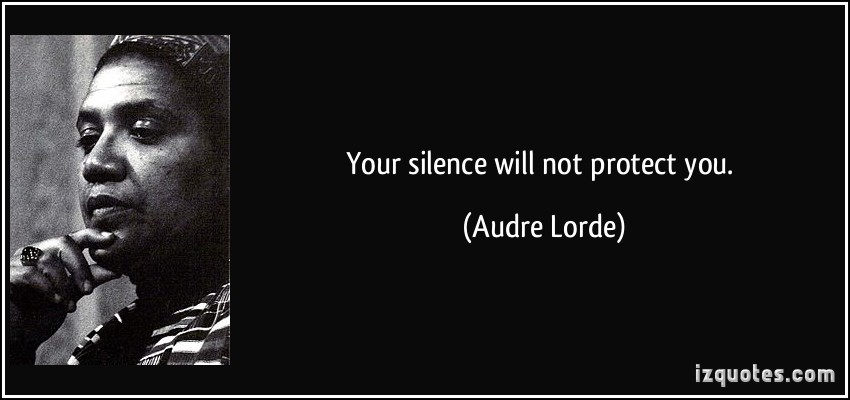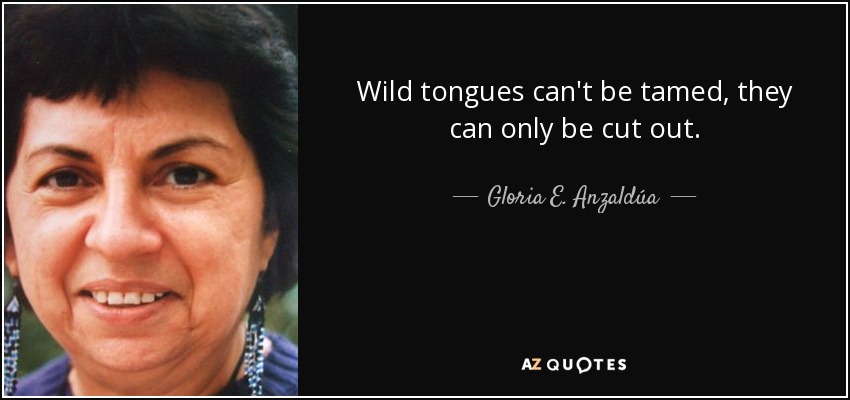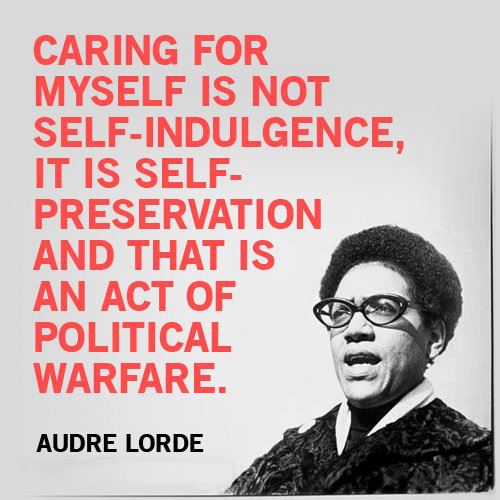The article I am responding to is called : “Why I No Longer Eat Watermelon, or How a Racist Email Caused Me to Leave Graduate School,” by Robert Palmer, written on July 10, 2015. Here is the link: https://interrogatingmedia.com/2015/07/10/why-i-no-longer-eat-watermelon-or-how-a-racist-email-caused-me-to-leave-graduate-school/
In this article, Palmer is discussing a serious situation that occurred in the English graduate program he was in (Rutgers University), that was dealt with terribly. He is a person of color. The serious situation is referring to an email that was sent out by a white student containing racial mockery. More specifically, this racial mockery was derogatory towards Black people. The email was referring to a southern movie students watched from a literature class, and was asking mostly other assumed to be white students if they wanted to all meet up and watch it together with some “watermillyum (watermelon), straw hats, and other Darkeyisms.” She also said that she may yell racist things at the tv. The whole email is on the link I provided above. Not surprisingly, Palmer was very bothered by this email and student email responses that followed, which contained more racial mockery and dismissal of the racist language and stereotypes that were being used. All of this disturbed Palmer because he says, “It was casually dismissive and derisive of black people and black experience,” and because “It was indicative of a larger callousness toward race in the department.” And if you have not yet guessed it, the severity of the situation was handled terribly within the English department, resulting in the racist student getting away with what she said and with Palmer being silenced and shamed for expressing instances of student racism, leading to him becoming isolated and eventually dropping out of graduate school a few years after.
There are several things that bothered me in reading this article, many of them based off of what I have experienced within the English department and graduate school in general. It is obvious, at least to me, that this allowance of racist mockery within the English department is not just the fault of students; it is also the fault of the academic institution that fosters environments for ignorance to grow. Ignorance grows when professors and directors do nothing when students make racist, classist, sexist, or homophobic comments in class. Or, when students, specifically white students, are not held accountable when they make underlying racist/classist jokes regarding language or dialect that are just supposed to be “funny.” I guess English is a colonial language and dialect after all. Professors and directors themselves can perpetuate prejudice through their own jokes and comments, which provides a horrible example for students. Palmer shares an example of this through the following statement made by a professor: “Or the professor who, when describing her own subconscious racism, talked about being surprised by seeing black people at Whole Foods because they only eat potato chips. P.S.: They sell potato chips at Whole Foods.” There is also no stable or fair system in place to figure out how to handle these situations. Why would there be if the academy is just another business? It would just be too much effort and too much resources to use apparently. Plus, if a person of color is in a department of mainly all white middle/upper class students who are defensive of their implicit racism and white privilege, do you really think a person of color’s voice is going to matter? Unfortunately the answer is “no” in most instances.
I empathized with Palmer so much when reading how he felt when these situations occurred, especially with the following statement he made:
“The feeling I recall most intensely from those following years was that of feeling unwanted and unwelcome, like I’d crashed a party. I was a nagging infection that just wouldn’t go away. And that’s often how it feels to be a person of color in white spaces who has anything to say about race. You become the introducer of bad feelings, though in reality those feelings are already there, silent and unchallenged, but present.”
I have experienced what Palmer said in many spaces before, especially being a blunt Latinx person, commonly known as the “fiesty Latina” who you better “watch out for.” What I find funny about this is how white women and men can be just as blunt, but, they can actually get away with it unlike Latino/a and Black people. Instead, they are the “angry Spanish woman/man” or the “angry Black woman/man.” Something to think about: Do we ever say “white angry woman/man?” Coming from a department that explicitly discusses prejudice, how it is formed, how it is manifested, and how it is perpetuated, I can never let prejudice just slide, even if I am ostracized because of it. To just let it be would be contradictory to my feminist of color consciousness based in my own experiences as a Latinx. This happened the other day in English theory class when there was a discussion of Beyonce’s message in her video formation. Since the class consists of mostly white students, I was not surprised by their commentary that completely dismissed Black people’s circumstances while avoiding focus on their own white privilege. I was also not surprised at the obvious tension within the room in trying to share their free writes on the video. They used big words instead, and one person even described the people in Beyonce’s video as “inferior.” When I made the two undoubtedly controversial and uncomfortable comments that I did, I was met with silence and dismissal. Palmer would get my experience since he is aware of how “most conversations about race in America are always already doomed. White people tend to want to name the terms of these conversations.” I was trying to point out how everyone was skating around the actual discussion of racism, and I have to admit I was quite bothered myself that professors allow ignorant comments to continue on without being discussed. I think it is very useful to discuss problematic topics, especially because how else will people learn if we leave systemic biases unquestioned? If we just live in our comfortable spaces, how will we ever be confronted with the reality we are veiled to?
There is a great deal more I could share, however, this post is already very long because I feel strongly about the topic, and I’m used to writing ideas in 20 page grad papers. But I will say this: if I was actually an English grad student, I would most likely end up dropping out like Palmer did. Because why? Because people like me who make people uncomfortable with truth, are met with disdain and dislike. The perpetrators never admit to this of course, and will either say you are “too sensitive,” “all lives matter,” or will act aloof, the most common defensive mechanisms. I will not stay silent anyway, that would be internal suffocation. But I must ask, why should people of color always have to be the ones to inform white people on their racism/classism, as Palmer and myself had to? As Audre Lorde, a lesbian feminist of color icon would respond:
“People of color are expected to educate white people as to our humanity. Women are expected to educate men. Lesbians, [bisexuals], and gay men are expected to educate the heterosexual world. The oppressors maintain their position and evade their responsibility for their own actions.”




